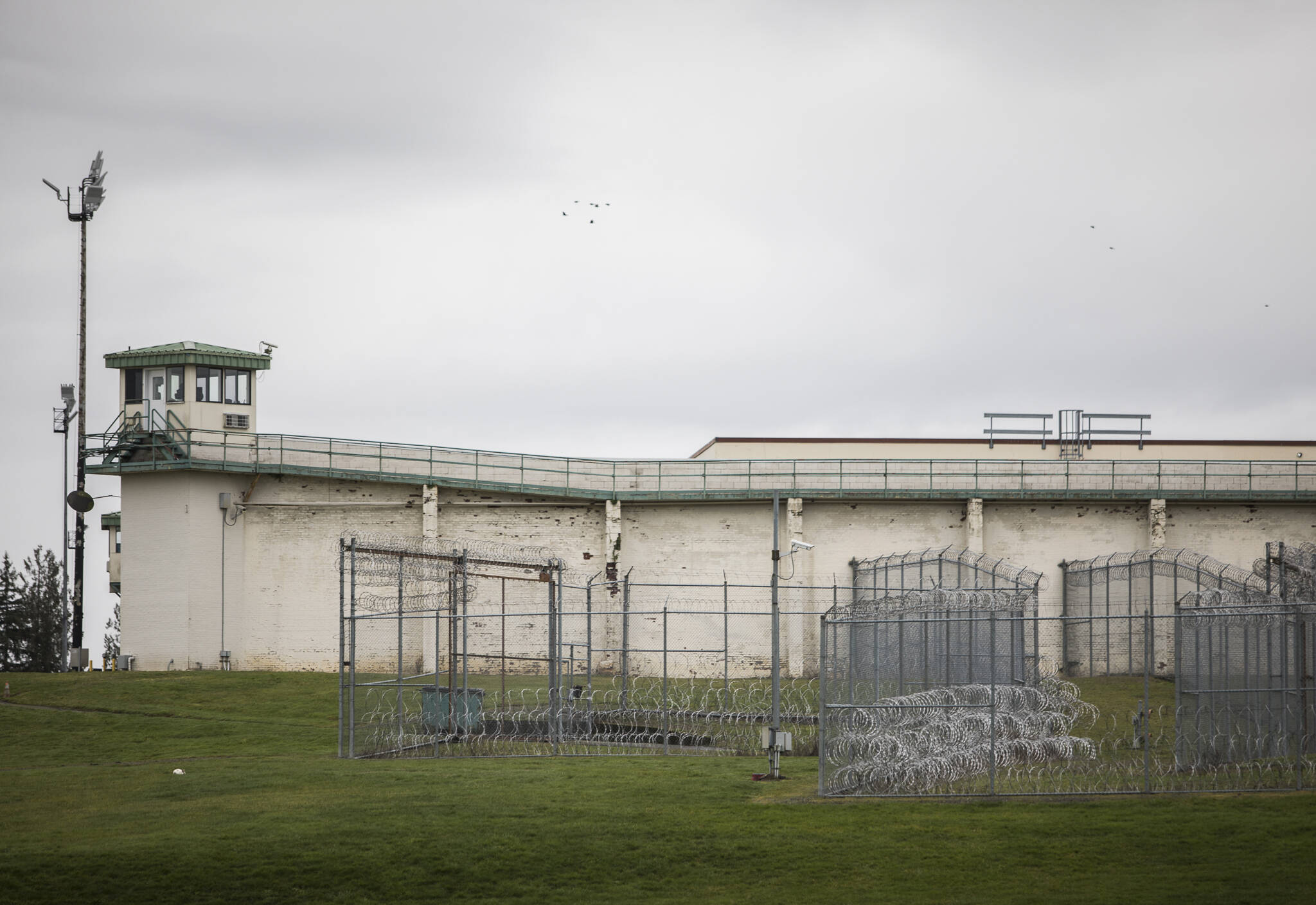By Jerry Cornfield / Washington State Standard
MONROE — A “systemic breakdown of responsibility” allowed an individual incarcerated at Monroe Correctional Complex to stay in his cell for months amid growing piles of garbage and a stench from what appeared to be vomit smeared on cell walls, according to results of a special inquiry released Friday.
He had not left his cell in five months. When he was moved Jan. 22, “flies filled the room, and a foul smell came from the cell,” the report read. Corrections staff found rubbish from meals, piles of wrappers throughout the cell, and signs of what “appeared to be regurgitated food (and possibly other bodily fluids) on the cell walls and floor.”
The same inquiry found Monroe corrections staff failed to intercede with another individual who allowed his personal hygiene to decline “to the point he had significant issues with soiled clothing and bedding.”
The other individual’s attention to hygiene seemed to worsen over time as he got moved back and forth between units, including the infirmary and medical appointments outside the prison, and learned his sentence was getting extended.
Corrections Secretary Cheryl Strange ordered the review. The final five-page report, entitled “Secretary Special Inquiry Review” is dated May 30. It was released late Friday by the Department of Corrections.
Two people in the Special Offender Unit were found in poor physical condition, living in cells that were in significant disorder.
The report recommends further investigations as staff failed to follow policy and ultimately failed to provide proper care to the incarcerated individuals.
No employees had been disciplined as of Friday, said Christopher Wright, communications director for the state Department of Corrections.
“As a result of this inquiry, there could be further action,” he said. “We take these situations seriously and are taking all steps to make sure these don’t happen in the future.”
Staff from custody, mental health, medical, maintenance and administration departments conducted the investigation.
The prisoners in the report could remain in their cells because the prison allowed a person a “stay-back” during meals due to their behavior, hygiene status, or other reasons that created disruption if they went to the dining hall, the report said. Meals would get brought to them.
By allowing individuals to stay in their cells, it had the positive effect of avoiding conflicts. Some incarcerated people refuse to cooperate outside their cell or to even leave it at all, the report said. But unintended consequences can arise the longer this goes on, with individuals stockpiling meals and waste and not getting checked up on.
Investigators recommended ending the stay-back policy.
“It is critical that incarcerated individuals leave their cells routinely so that staff can monitor baseline behavior and attitude,” the report found. “Cell inspections and the collection of trash and stockpiled items can be more easily removed if staff can get into the cells during meals.”
The report concluded staff failed to follow policies and procedures requiring them to immediately report and to address unsafe and unsanitary conditions.
Those investigating determined employees did not communicate with one another – between shifts, between departments and with supervisors – leading them “to assume somebody else would take care of the issue,” the report states.
And they found a reliance on untrained staff due to vacancies and pulling from other units compounded the problem.
In interviews with workers, the team heard “some staff were willing to blame other disciplines for unacceptable cell conditions, some blamed themselves exclusively, and some blamed the incarcerated who did not comply with expectations.”
Authors of the report summed up their findings in one sentence: “Systemic breakdown of responsibility resulted in staff failure to keep the living areas clean and safe.”
Washington State Standard is part of States Newsroom, a network of news bureaus supported by grants and a coalition of donors as a 501c(3) public charity. Washington State Standard maintains editorial independence. Contact Editor Bill Lucia for questions: info@washingtonstatestandard.com. Follow Washington State Standard on Facebook and Twitter.
Talk to us
> Give us your news tips.
> Send us a letter to the editor.
> More Herald contact information.

























